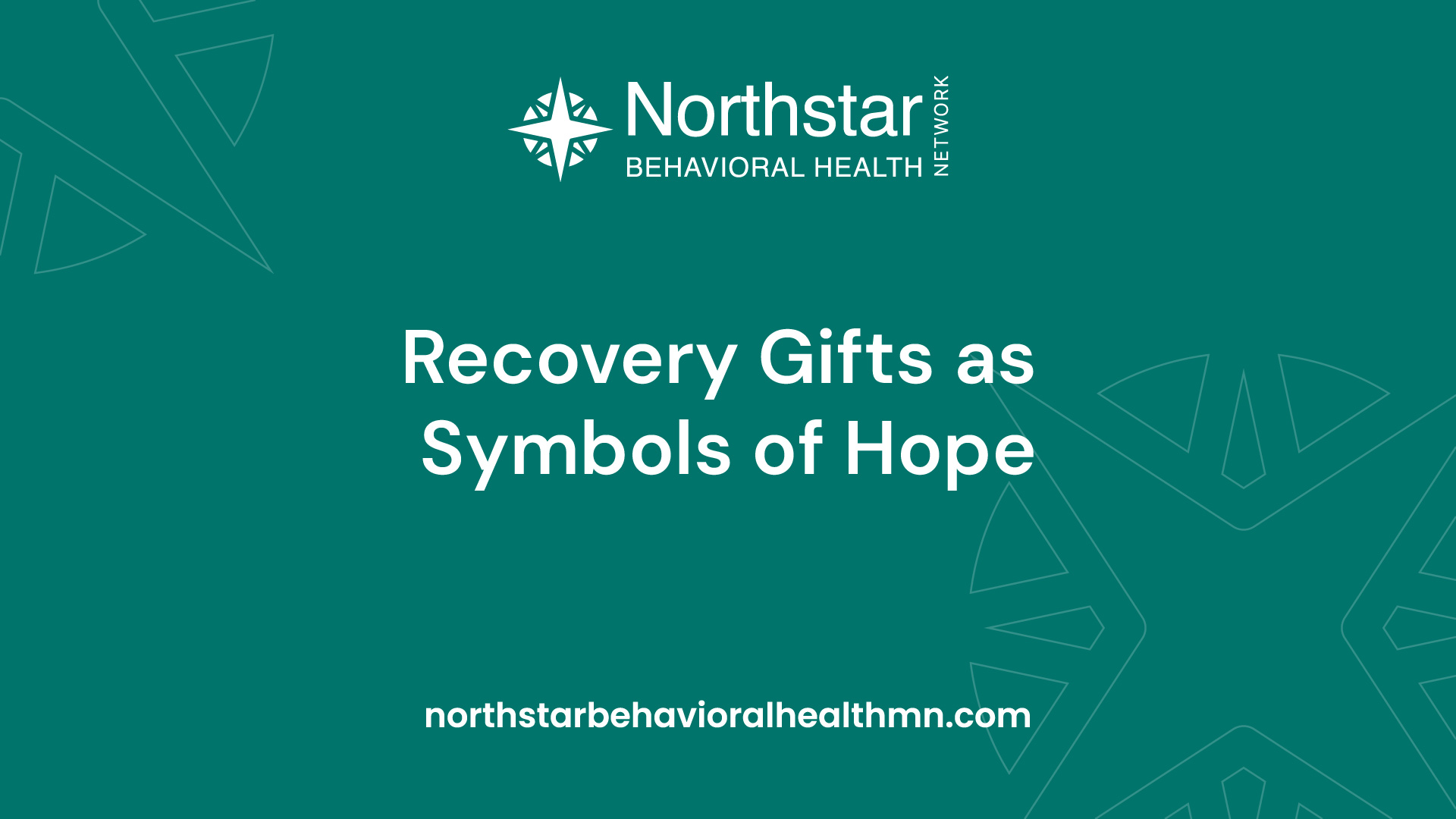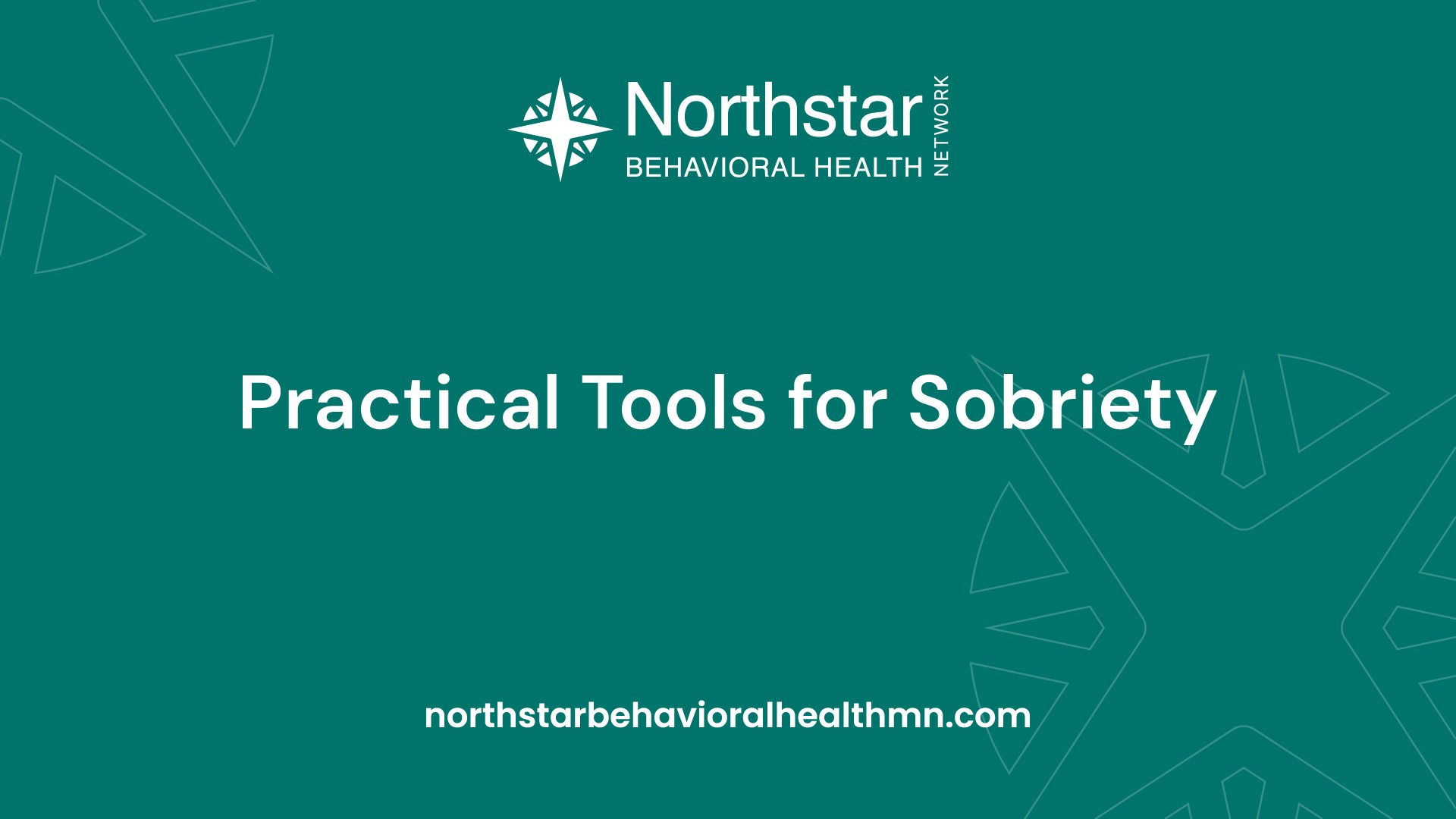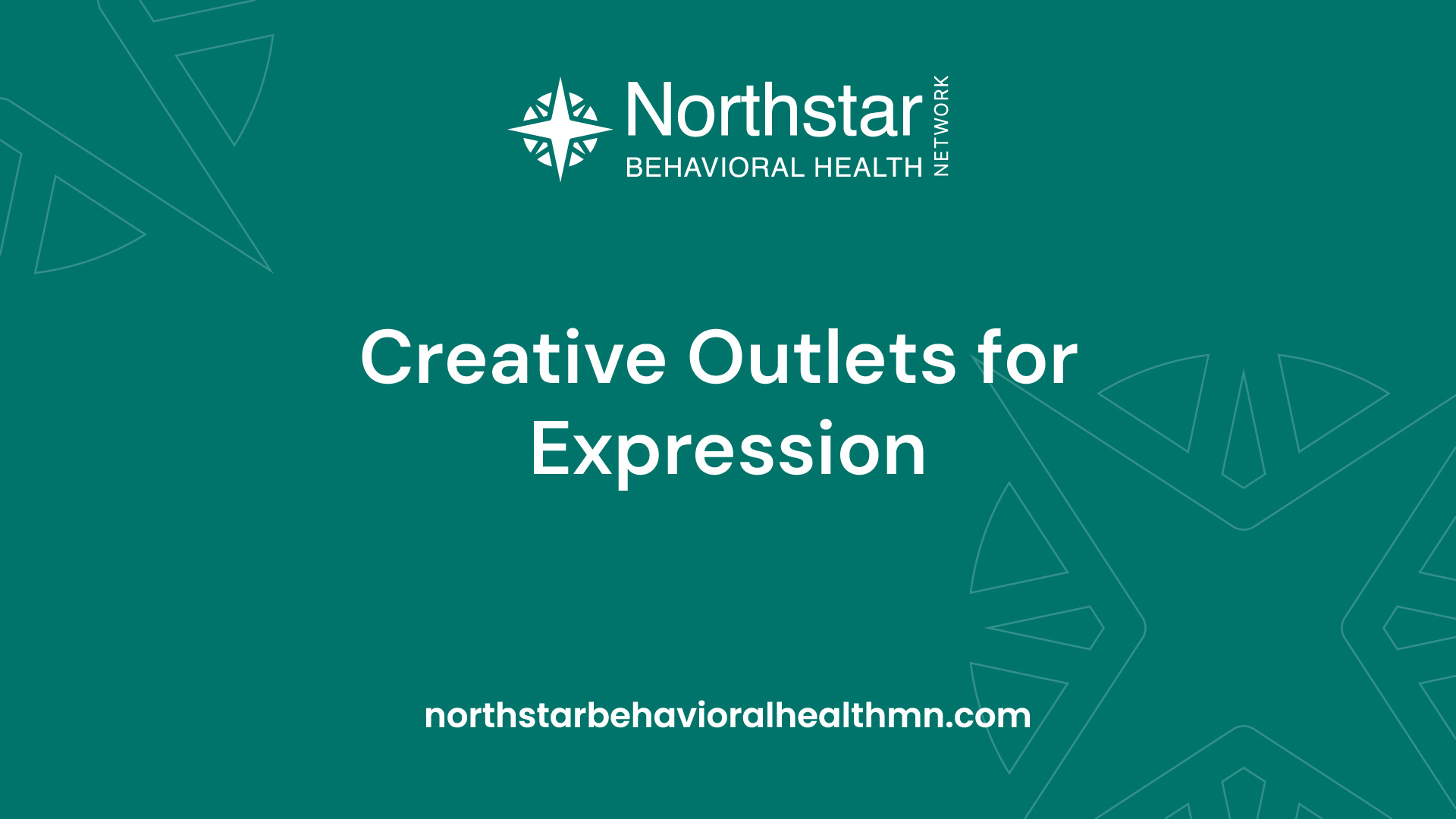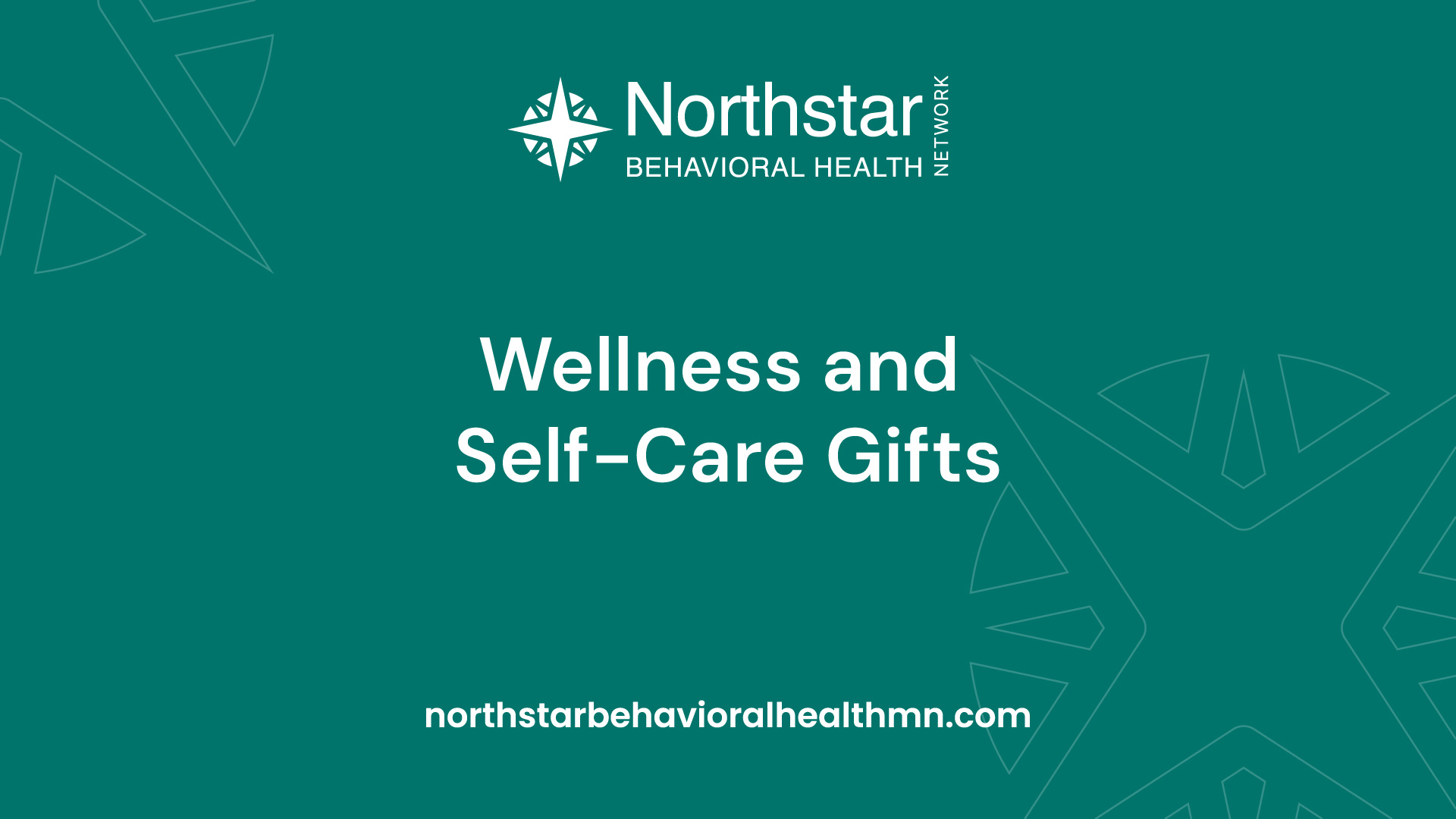August 4, 2024
Unveiling Recovery Gifts That Inspire
Find inspiration, support, and hope on your journey to a healthier, happier life.


Understanding Sobriety
Embarking on the journey to sobriety is a courageous and transformative decision. It involves reclaiming one's life from the grips of addiction and embracing a path of healing and recovery. Understanding the essence of sobriety is crucial for individuals seeking a life free from substance abuse.
The Journey to Sobriety
The journey to sobriety is unique for each individual. It begins with acknowledging the presence of addiction and making a conscious decision to change. This initial step often involves seeking professional help, joining support groups, or reaching out to loved ones for support. It takes strength and determination to confront the challenges and obstacles that arise along the way.
Recovery is not a linear process but rather a series of ups and downs. It may involve periods of self-reflection, therapy, and the acquisition of coping mechanisms to deal with triggers and cravings. It requires patience and perseverance to navigate the complexities of addiction and work towards a healthier and more fulfilling life.
Importance of Support and Encouragement
Support and encouragement play a vital role in the recovery journey. Having a strong support system can provide the necessary motivation, understanding, and guidance needed to overcome obstacles and maintain sobriety. Whether it's family, friends, therapists, or support groups, having individuals who believe in one's ability to recover can make a significant difference.
Support can take various forms, such as attending group therapy sessions, engaging in counseling, or participating in recovery-focused activities. It can also involve the use of recovery gifts that serve as symbols of hope and encouragement, reminding individuals of their strength and resilience.
Internalizing the importance of support and encouragement can help individuals in recovery feel less isolated and more empowered. By embracing the understanding that they are not alone in their journey, individuals can draw strength from their support network and find the motivation to continue their path to sobriety.
As individuals navigate the challenges of recovery, it's important to remember that sobriety is a lifelong commitment. Through determination, support, and self-care, individuals can build a foundation for a healthier, happier, and more fulfilling life free from the grips of addiction.
Recovery Gifts as Symbols of Hope

In the journey of sobriety, recovery gifts can serve as powerful symbols of hope and encouragement. These gifts not only celebrate the milestones achieved but also provide ongoing support and motivation. In this section, we will explore inspiring gifts for sobriety and the significance of personalized recovery tokens.
Inspiring Gifts for Sobriety
When choosing gifts for individuals in recovery, it's important to consider their interests, hobbies, and personal preferences. Here are some ideas for inspiring gifts that can support their sobriety journey:
- Books on Recovery: Books that offer insights into addiction recovery, personal stories of triumph, and practical strategies can provide inspiration and guidance. Consider gifting books such as "The Unexpected Joy of Being Sober" by Catherine Gray or "Clean: Overcoming Addiction and Ending America's Greatest Tragedy" by David Sheff.
- Motivational Jewelry: Jewelry pieces with inspirational symbols, mantras, or recovery slogans can serve as daily reminders of strength and resilience. Examples include necklaces or bracelets with engravings like "One Day at a Time" or the serenity prayer.
- Artwork and Wall Decor: Decorative items with uplifting messages or soothing imagery can create a positive and supportive environment. Consider gifting framed prints, canvas art, or wall decals that promote positivity and serenity.
- Journaling Supplies: Encourage self-reflection and healing through the gift of a journal or a set of high-quality pens. Journaling can be a therapeutic practice for individuals in recovery to express their thoughts, emotions, and progress.
Remember, the best gift is one that resonates with the individual and aligns with their personal journey of recovery. It's important to be mindful of their unique needs and preferences.
Personalized Recovery Tokens
Personalized recovery tokens hold deep meaning and serve as a tangible reminder of the individual's commitment to sobriety. These tokens can be customized with significant dates, motivational quotes, or symbols that hold personal significance. Some popular personalized recovery tokens include:
These personalized tokens can be cherished keepsakes, providing a sense of accomplishment and resilience on the path to sobriety. They can be purchased or even handmade, adding an extra touch of thoughtfulness and uniqueness to the gift.
Recovery gifts, whether inspiring or personalized, can play a significant role in supporting individuals as they navigate their sobriety journey. These gifts serve as tangible reminders of their progress, resilience, and the hope that lies ahead. For individuals seeking additional resources and support on their journey to sobriety, joining support groups and accessing online communities can provide valuable connections and guidance. Explore our article on joining support groups for more information.
Practical Tools for Sobriety

In the journey to sobriety, having practical tools can greatly support individuals in their recovery process. Two effective tools for maintaining sobriety are journaling for reflection and healing, and meditation and mindfulness practices.
Journaling for Reflection and Healing
Journaling is a powerful tool that allows individuals to reflect on their thoughts, emotions, and experiences. By putting pen to paper, individuals can gain clarity and insight into their journey to sobriety. Journaling provides a safe space to express and process emotions, helping to release any pent-up feelings and promote emotional healing.
Keeping a journal can also serve as a way to track progress and identify patterns or triggers. By regularly documenting thoughts and experiences, individuals can recognize patterns of behavior and make conscious efforts to avoid situations that may jeopardize their sobriety.
Here are some key benefits of journaling for individuals in recovery:
- Emotional Release: Journaling provides an outlet for individuals to express their emotions honestly, without judgment or consequences.
- Self-Reflection: By writing down their thoughts and experiences, individuals can gain a deeper understanding of themselves, their triggers, and their progress.
- Stress Relief: Journaling can be a therapeutic activity that helps reduce stress and anxiety, promoting overall well-being.
- Accountability: Tracking progress and goals in a journal can help individuals stay accountable to their sobriety journey.
Meditation and Mindfulness Practices
Meditation and mindfulness practices are effective tools for individuals in recovery to cultivate self-awareness, manage stress, and stay present in the moment. Through meditation, individuals can learn to observe their thoughts and emotions without judgment, allowing them to create distance from cravings or triggers.
Here are some benefits of incorporating meditation and mindfulness practices into the recovery journey:
- Reduced Stress: Meditation and mindfulness techniques help individuals manage stress and anxiety, which are common triggers for substance use.
- Improved Self-Control: By practicing mindfulness, individuals can develop greater self-control and make conscious choices that align with their sobriety goals.
- Enhanced Emotional Well-being: Mindfulness practices can help individuals regulate their emotions and respond to challenges in a healthier way.
- Increased Self-Awareness: Meditation and mindfulness cultivate self-awareness, allowing individuals to recognize and address their cravings, triggers, and negative thought patterns.
Incorporating journaling, meditation, and mindfulness practices into daily routines can provide individuals with practical tools to support their sobriety. These tools can help individuals stay focused, manage cravings, and navigate the ups and downs of the recovery journey. Remember to seek guidance from professionals or join support groups to explore personalized strategies that align with individual needs and goals.
Creative Outlets for Expression

When it comes to the journey of recovery and sobriety, finding healthy outlets for emotional expression is crucial. Creative activities can serve as powerful tools for self-discovery, healing, and personal growth. In this section, we will explore two creative outlets that can support individuals in their recovery journey: art therapy and music and dance.
Art Therapy for Emotional Release
Art therapy provides a safe and non-verbal way to express emotions, process trauma, and explore one's inner self. Engaging in art activities such as painting, drawing, sculpting, or collage-making can help individuals tap into their creativity and unlock emotions that may be difficult to express verbally. Through the art-making process, individuals can gain insight, find solace, and develop a sense of empowerment.
Art therapy can be done individually or in group settings, under the guidance of a trained therapist. The focus is on the process of creating rather than the end result, allowing individuals to explore their emotions and experiences freely. This form of therapy can be particularly beneficial for individuals in recovery, as it provides a healthy outlet for emotional release and self-reflection.
Music and Dance as Therapeutic Outlets
Music and dance have long been recognized for their therapeutic benefits. Engaging in these activities can promote emotional well-being, reduce stress, and enhance self-expression. Whether it's playing an instrument, singing, or dancing, these creative outlets can allow individuals in recovery to connect with their emotions, express themselves, and find joy in the process.
Playing or listening to music can evoke strong emotions and memories, providing a sense of comfort and connection. It can serve as a form of self-expression and a way to communicate feelings that may be difficult to put into words. Similarly, dance can be a powerful outlet for emotional expression. Moving the body in rhythmic and expressive ways can help release tension, boost mood, and promote a sense of freedom.
Engaging in music and dance can be done individually or as part of group activities, such as dance classes or music therapy sessions. These activities provide opportunities for individuals to connect with others who share similar experiences and interests, fostering a sense of community and support.
By embracing art therapy, music, and dance as creative outlets for expression, individuals in recovery can find solace, self-discovery, and personal growth. These activities offer a healthy way to process emotions, release stress, and connect with oneself and others on the journey of sobriety. Remember to explore different forms of creative expression and find what resonates with you personally.
Wellness and Self-Care Gifts

In the journey of recovery and sobriety, wellness and self-care play a crucial role in maintaining a healthy and balanced lifestyle. These gifts not only provide support but also promote relaxation, mindfulness, and overall well-being. Here are two popular wellness and self-care gift ideas for individuals on the path to sobriety.
Aromatherapy for Relaxation
Aromatherapy is a holistic practice that utilizes natural plant extracts, known as essential oils, to promote physical and emotional well-being. These oils are derived from various plants and have distinct scents that can evoke relaxation, calmness, and rejuvenation. Aromatherapy gifts can include essential oil diffusers, scented candles, or essential oil sets.
By incorporating aromatherapy into their daily routine, individuals can create a soothing environment that supports their journey of recovery. For more information on the benefits of aromatherapy and essential oils, check out our article on aromatherapy for relaxation.
Wellness Retreats and Workshops
Wellness retreats and workshops provide individuals with the opportunity to connect with like-minded individuals, gain valuable insights, and learn new techniques for self-care and personal growth. These retreats and workshops often focus on areas such as mindfulness, meditation, yoga, nutrition, and stress management.
Attending a wellness retreat or workshop can provide a supportive and nurturing environment, allowing individuals to explore different practices and tools that promote well-being. It offers a chance to learn from experts in the field and connect with a community of individuals who share similar goals and experiences.
When considering wellness retreats and workshops as gifts for someone on their recovery journey, it's important to find options that align with their interests and needs. Whether it's a weekend retreat in nature, a mindfulness workshop, or a yoga retreat, these experiences can provide individuals with valuable tools and insights to support their ongoing sobriety.
To explore more ways to support recovery and sobriety, check out our other articles on resolving to be sober and seek the sober life.
By incorporating wellness and self-care gifts into their lives, individuals on the path to sobriety can prioritize their well-being and cultivate habits that support their ongoing recovery.
Building a Supportive Community
When it comes to maintaining sobriety, building a supportive community plays a crucial role in the recovery journey. Support groups and online resources provide individuals with a network of like-minded individuals who understand the challenges and triumphs of sobriety. In this section, we will explore the importance of joining support groups and utilizing online resources and communities.
Joining Support Groups
Joining a support group can be incredibly beneficial for those seeking sobriety. These groups provide a safe and non-judgmental space where individuals can share their experiences, struggles, and successes with others who have faced similar challenges. Support groups offer a sense of camaraderie, understanding, and encouragement, fostering a supportive community that can help individuals stay on track with their recovery.
Support groups may take various forms, including in-person meetings, online forums, or virtual meetings. Some well-known support groups for sobriety include Alcoholics Anonymous (AA), Narcotics Anonymous (NA), and SMART Recovery. These groups often follow structured programs that include sharing personal stories, discussing recovery strategies, and providing support and accountability.
Joining a support group can help individuals feel less alone in their journey and provide valuable insights and advice from individuals who have successfully maintained sobriety.
Online Resources and Communities
In addition to in-person support groups, online resources and communities are valuable tools for individuals seeking sobriety. These resources provide a convenient and accessible way to connect with others, access information, and find support.
Online platforms dedicated to sobriety offer a wealth of resources, including articles, forums, blogs, and recovery tools. These platforms may also provide opportunities to connect with professionals, such as counselors or therapists, who can offer guidance and support. Online communities allow individuals to share their stories, ask questions, and receive support from others who are on a similar path.
It's important to approach online resources with caution and ensure that the information obtained is from reputable sources. Reliable websites and forums moderated by professionals or individuals with expertise in addiction and recovery can provide trustworthy information and support. Utilizing online resources can complement in-person support groups and offer additional guidance and encouragement.
By joining support groups and utilizing online resources and communities, individuals in recovery can build a strong support system that fosters long-term sobriety. These communities provide not only encouragement and understanding but also valuable insights and strategies for navigating the challenges that may arise on the journey to sobriety.
Remember, seeking help and connecting with others who have faced similar challenges is a powerful step towards achieving and maintaining a sober life.

.jpg)




.jpg)

